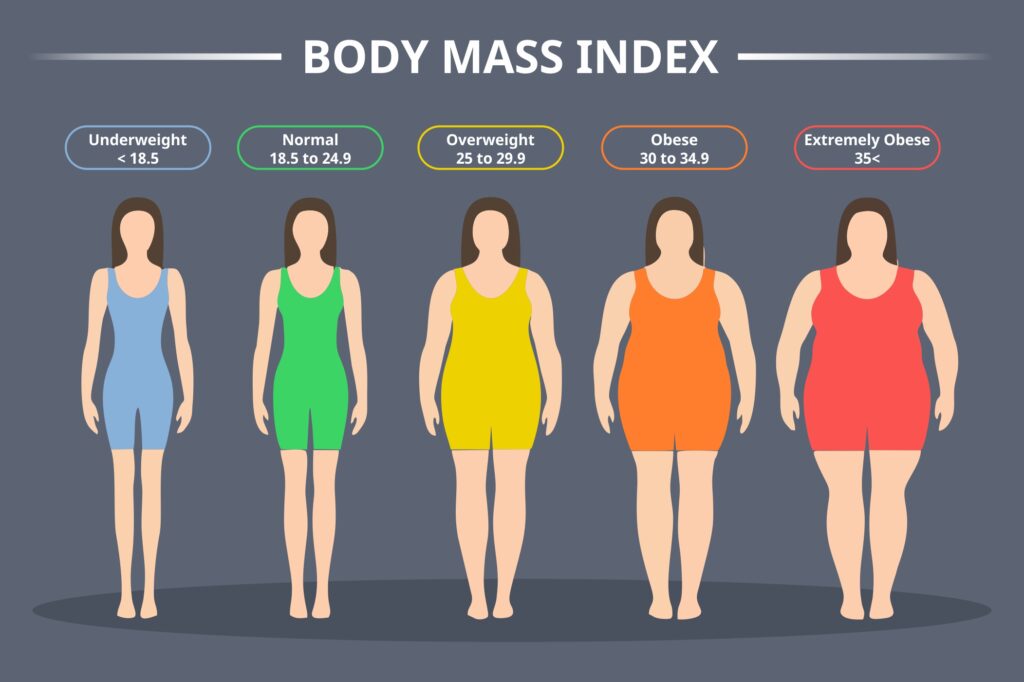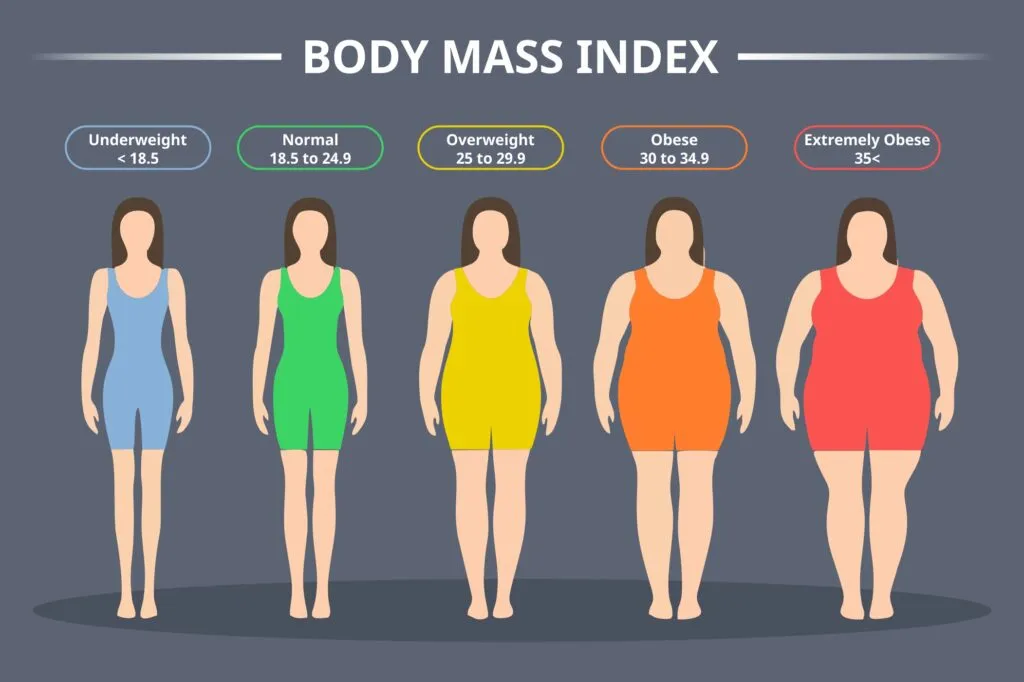

Intermittent fasting has gained significant popularity in recent years as a powerful tool for weight management and overall health improvement. This eating pattern alternates between periods of eating and fasting, which can lead to various health benefits. But what exactly is intermittent fasting, and how does it work? In this comprehensive guide, we will explore the concept of intermittent fasting, its different methods, potential benefits, and considerations to keep in mind before starting this regimen.
What is Intermittent Fasting?


Intermittent fasting is an eating plan that focuses on when you eat rather than what you eat. Unlike traditional diets that emphasize calorie counting and food restrictions, intermittent fasting involves scheduled periods of eating and fasting. This approach has been practiced for centuries, often tied to cultural and religious rituals.
The Science Behind Intermittent Fasting
Intermittent fasting works by leveraging the body’s natural ability to switch between using glucose for energy and burning stored fat. After several hours without food, the body depletes its sugar stores and starts breaking down fat into ketones, which are then used for energy. This process is known as metabolic switching. By extending the fasting period, the body has more time to burn fat, which can lead to successfully weight loss and other health benefits.
Different Methods of Intermittent Fasting


There are several popular methods of intermittent fasting, each with its own unique schedule:
1. The 16/8 Method
The 16/8 method involves fasting for 16 hours and eating during an 8-hour window. This approach is one of the most popular and easiest to follow. For example, you might eat between 12:00 PM and 8:00 PM and fast from 8:00 PM to 12:00 PM the next day.
Although some people find it easy to maintain this eating pattern long-term, one Research study not specifically focused on intermittent fasting found that simply limiting your daily eating window does not necessarily prevent weight gain or lead to significant weight loss. The study indicated that reducing the number of large meals or consuming more small meals may be more effective in minimizing weight gain or even promoting weight loss over time.
2. The 5:2 Diet
With the 5:2 diet, you eat normally for five days a week and restrict your calorie intake to 500-600 calories on the other two days. These fasting days can be non-consecutive, allowing flexibility in scheduling.
3. The Eat-Stop-Eat Method
This method involves fasting for a full 24 hours once or twice a week. For instance, you might eat dinner at 7:00 PM and then not eat again until 7:00 PM the next day.
4. The Warrior Diet
The Warrior Diet consists of eating small amounts of raw fruits and vegetables during the day and consuming a large meal at night, within a 4-hour eating window.
5. Alternate-Day Fasting
Alternate-day fasting involves alternating between days of normal eating and fasting. On fasting days, some people choose to eat very little (around 500 calories), while others consume no calories at all.
6. The 24-Hour Fast
In this method, you fast for 24 hours once or twice a week. It can be challenging for beginners but is effective for those who can manage longer fasting periods.
Benefits of Intermittent Fasting
Intermittent fasting offers a range of health benefits, supported by scientific research. Here are some of the most notable advantages:
1. Weight Loss and Fat Loss
One of the most significant benefits of intermittent fasting is its ability to promote weight loss. By extending the fasting period, the body has more time to burn fat stores. Additionally, intermittent fasting can help reduce overall calorie intake, leading to weight loss.
2. Improved Metabolic Health
Intermittent fasting can improve several markers of metabolic health, including insulin sensitivity, blood sugar levels, and cholesterol levels. These improvements can reduce the risk of type 2 diabetes and heart disease.
3. Enhanced Brain Function
Studies have shown that intermittent fasting can boost brain function and protect against neurodegenerative diseases. Fasting may enhance the production of brain-derived neurotrophic factor (BDNF), which supports brain health and cognitive function.
4. Reduced Inflammation
Chronic inflammation is linked to various diseases, including heart disease, cancer, and autoimmune disorders. Intermittent fasting has been shown to reduce inflammation and promote overall health.
5. Longevity
Research suggests that intermittent fasting may extend lifespan by promoting cellular repair processes and reducing the risk of chronic diseases. Animal studies have shown that fasting can increase lifespan, and human studies are beginning to reveal similar trends.
6. Improved Heart Health
Intermittent fasting can improve several heart health markers, such as blood pressure, cholesterol levels, and triglycerides. These improvements can reduce the risk of cardiovascular diseases.
7. Cellular Repair and Autophagy
Fasting triggers a process called autophagy, where cells remove damaged components and regenerate new ones. This cellular repair process can help prevent diseases and promote overall health.
What Can You Eat While Intermittent Fasting?


During fasting periods, it’s important to stay hydrated with water, herbal teas, and other non-caloric beverages. When it’s time to eat, focus on nutritious, whole foods. Here are some guidelines for what to eat:
1. Lean Proteins
Include sources of lean protein, such as chicken, turkey, fish, tofu, and legumes, to support muscle health and satiety.
2. Healthy Fats
Incorporate healthy fats from sources like avocados, nuts, seeds, and olive oil. These fats provide long-lasting energy and support overall health.
3. Vegetables
Load up on a variety of vegetables, especially leafy greens, to ensure you’re getting essential vitamins and minerals.
4. Whole Grains
Choose whole grains like quinoa, brown rice, and oats for sustained energy and fiber.
5. Fruits
Enjoy fruits in moderation, focusing on those with a low glycemic index, such as berries, apples, and oranges.
6. Hydration
Stay hydrated by drinking plenty of water, herbal teas, and other non-caloric beverages during both fasting and eating periods.
Is Intermittent Fasting Safe?
While intermittent fasting can be safe for many people, it’s not suitable for everyone. Here are some considerations to keep in mind:
1. Who Should Avoid Intermittent Fasting?
- Children and Teens: Growing children and teenagers need consistent nutrition for development.
- Pregnant and Breastfeeding Women: Nutritional needs are higher during pregnancy and breastfeeding.
- People with Certain Medical Conditions: Individuals with diabetes, eating disorders, or other chronic conditions should consult a healthcare provider before starting intermittent fasting.
2. Potential Side Effects
Some people may experience side effects when starting intermittent fasting, such as hunger, irritability, headaches, and fatigue. These symptoms often subside after the body adjusts to the new eating pattern.
3. Importance of Consulting a Healthcare Provider
Before starting intermittent fasting, it’s important to consult a healthcare provider, especially if you have underlying health conditions or are taking medications.
Tips for Successful Intermittent Fasting
To maximize the benefits of intermittent fasting and ensure a positive experience, consider the following tips:
1. Start Slowly
If you’re new to intermittent fasting, start with shorter fasting periods and gradually increase the duration as your body adjusts.
2. Stay Hydrated
Drink plenty of water and non-caloric beverages to stay hydrated and help manage hunger during fasting periods.
3. Eat Nutrient-Dense Foods
Focus on consuming whole, nutrient-dense foods during eating periods to support overall health and well-being.
4. Listen to Your Body
Pay attention to how your body responds to intermittent fasting. If you experience severe discomfort or adverse effects, consider adjusting your fasting schedule or consulting a healthcare provider.
5. Maintain a Balanced Diet
Ensure your meals are balanced and include a variety of macronutrients and micronutrients to support overall health.
6. Stay Active
Incorporate regular physical activity into your routine to enhance the benefits of intermittent fasting and support overall health.
7. Be Consistent
Consistency is key to achieving the benefits of intermittent fasting. Stick to your chosen method and give your body time to adapt.
Conclusion
Intermittent fasting is a flexible and effective approach to improving overall health and managing weight. By understanding the different methods and potential benefits, you can choose a fasting schedule that fits your lifestyle and health goals. Always remember to consult a healthcare provider before starting any new diet regimen, especially if you have underlying health conditions. With proper planning and a focus on nutritious foods, intermittent fasting can be a sustainable and rewarding way to enhance your well-being.
FAQ’s
Que : Can I drink liquids during the fast?
Ans : Yes, you can drink water, coffee, tea, and other calorie-free beverages. Coffee can be particularly beneficial as it can suppress appetite.
Que : Isn’t it unhealthy to skip breakfast?
Ans : No, skipping breakfast is not unhealthy. As long as you eat healthy foods for the rest of the day, skipping breakfast is perfectly fine.
Que : Can I take supplements while fasting?
Ans : Yes, you can take supplements while fasting. However, some supplements, such as fat-soluble vitamins, may be more effective when taken with meals containing fat. Be aware that some supplements can cause an upset stomach if taken without food.
Que : Can I work out while fasted?
Ans : Yes, you can work out while fasted. You might feel a bit more tired and weaker than usual, so listen to your body and adjust your workout intensity accordingly.
Que : Will fasting cause muscle loss?
Ans : All weight loss methods can potentially cause muscle loss. To minimize this, make sure to eat plenty of protein and engage in strength training exercises like lifting weights.
Read more:











